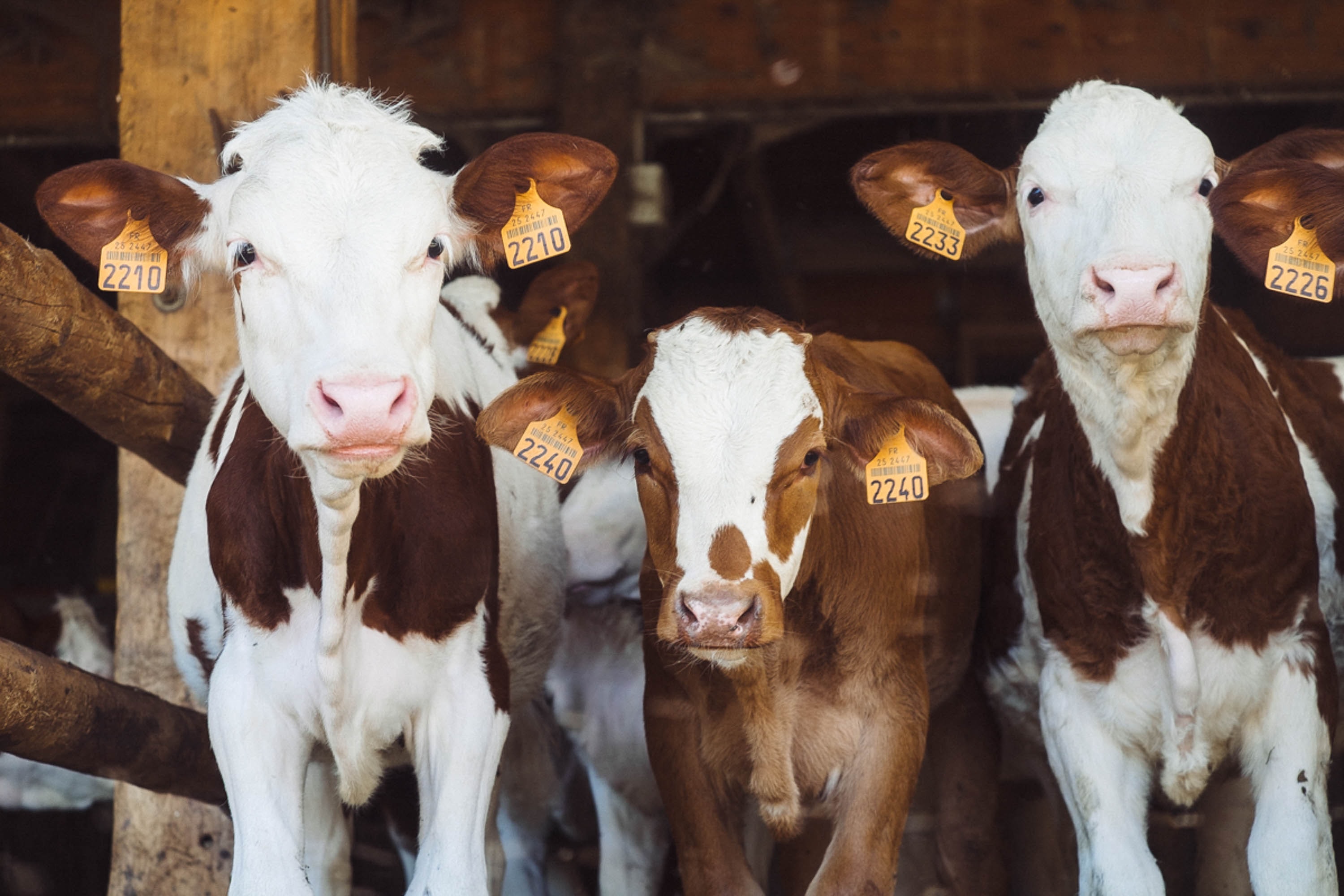Professor Rob Fraser is part of the multi-disciplinary research group at the Nuffield Council on Bioethics that have carried out this inquiry as to whether Genome editing is the answer to the number of challenges faced by the food and farming system.
The food and farming system faces a number of challenges -to the environment, to animal health and welfare, to human health, and meeting demand for increased meat consumption around the world.
Professor Rob Fraser is a member of the multidisciplinary working group at the Nuffield Council on Bioethics that carried out this in-depth inquiry into the social and ethical issues raised by the potential use of genome editing in farmed animal breeding. The Nuffield Council on Bioethics advise on ethical issues in bioscience and health.
Genome editing is the precise targeted alteration of a DNA sequence in a living cell, to alter the function of a gene. In the breeding of farmed animals, it could be used to give farmers and breeders an opportunity to exercise more control over the genetic traits of animals. Genome editing could help address some of the challenges facing our food and farming systems. It could bring major benefits, but there is also potential for it to be used towards accelerating some unethical animal breeding practises.
‘We need to change the way we produce and consume food in order to be able to provide a secure, sustainable, ethical and nutritious supply for the world’s growing population.’
‘For example’ the Council write ‘it could be used to make animals resistant to certain viruses, saving many animals from the effects of disease and bringing economic benefits to the agricultural sector. However, it could also be used to accelerate some unethical breeding practices, for example, by using a reduction in the risk from disease as a reason to pay less regard to the welfare of animals and their needs for appropriate conditions and care.’
‘We believe that animal welfare should be at the heart of plans to introduce genome editing into farmed animal breeding,’ they continue ‘and we’re calling on the government to put controls in place to ensure that it benefits animals,, farmers and consumers.’
Read the full report here.

